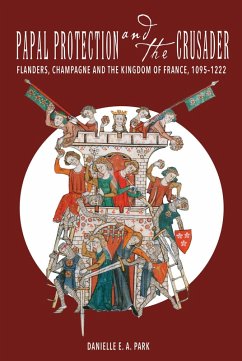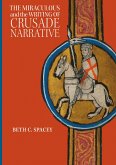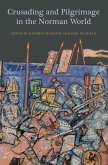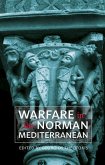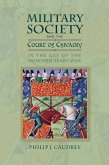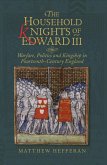Those on Crusade needed their interests at home to be protected; this volume looks at how this could be achieved, in both theory and practice.
On taking the cross, crusaders received a diverse set of privileges designed to appeal to both spiritual and more temporal concerns. Among these was the papal protection granted to them and extended over their families and possessions at home.
This book is the first full length investigation of this protection. It begins by examining the privilege from its inception in around 1095, and its development and consolidation through to 1222. It then moves on to illustrate how this privilege operated in practice through the appointments of regency governments and close communication with both the papacy and local ecclesiastical officials, centring on the rich crusading evidence fromFlanders, Champagne and the Kingdom of France. While the protection privilege has been seen as unwieldy and over ambitious, close analysis of particular cases and individuals reveals that not only were regents well aware of theirprivileged status, but that the papacy could directly intervene when its protection was contravened.
DANIELLE PARK is Lecturer in Medieval History at the University of York.
On taking the cross, crusaders received a diverse set of privileges designed to appeal to both spiritual and more temporal concerns. Among these was the papal protection granted to them and extended over their families and possessions at home.
This book is the first full length investigation of this protection. It begins by examining the privilege from its inception in around 1095, and its development and consolidation through to 1222. It then moves on to illustrate how this privilege operated in practice through the appointments of regency governments and close communication with both the papacy and local ecclesiastical officials, centring on the rich crusading evidence fromFlanders, Champagne and the Kingdom of France. While the protection privilege has been seen as unwieldy and over ambitious, close analysis of particular cases and individuals reveals that not only were regents well aware of theirprivileged status, but that the papacy could directly intervene when its protection was contravened.
DANIELLE PARK is Lecturer in Medieval History at the University of York.
Dieser Download kann aus rechtlichen Gründen nur mit Rechnungsadresse in A, D ausgeliefert werden.

